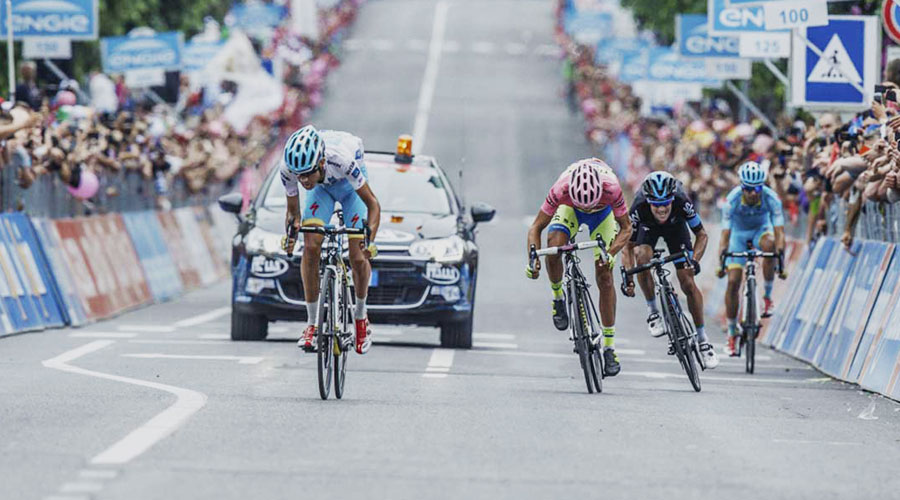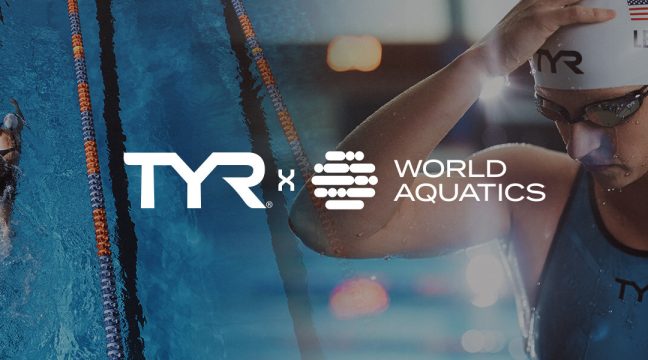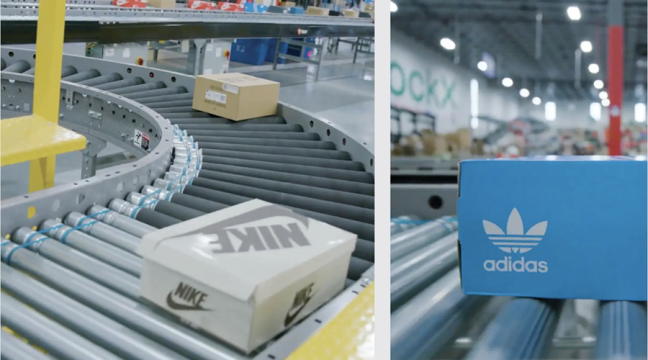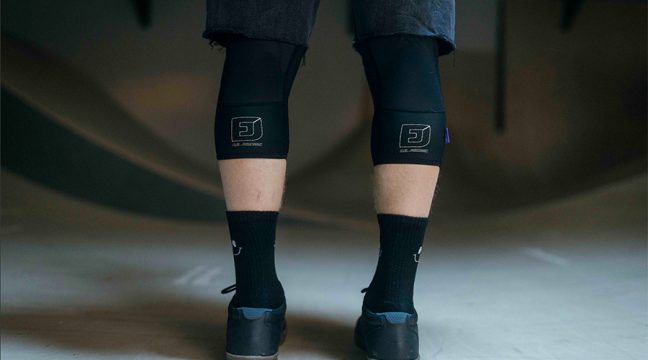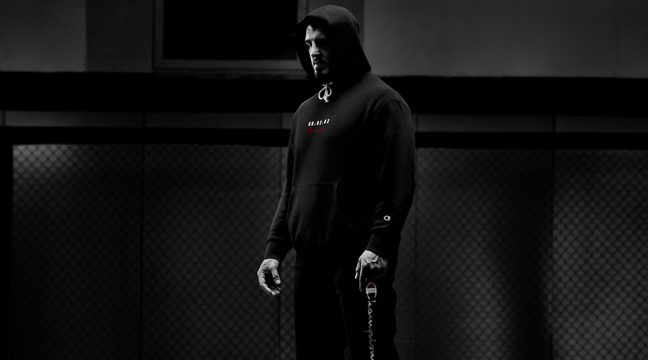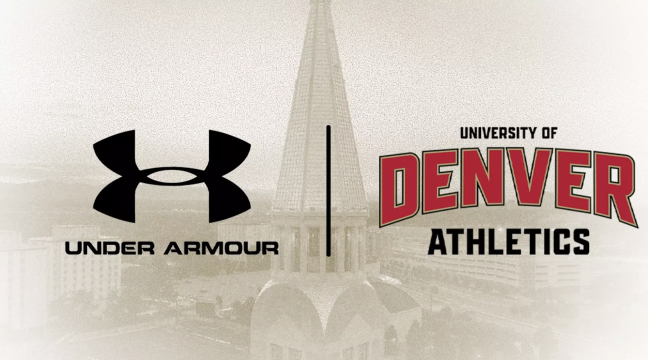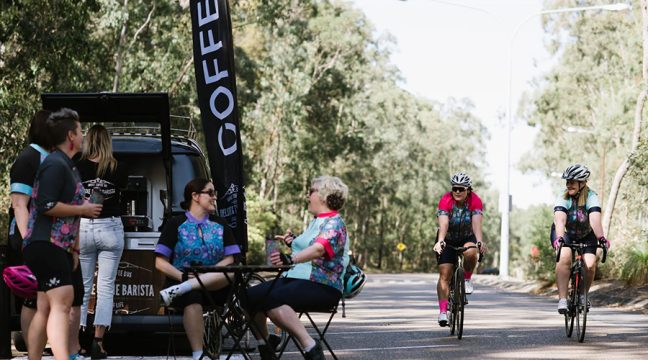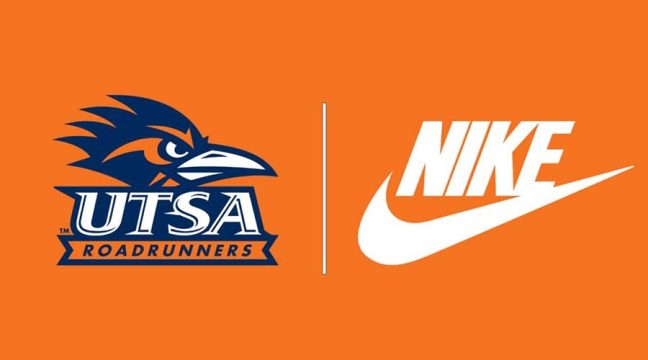SFIA’s Start-Up Challenge highlights the industry’s rush toward data, content and experiences.
By David Clucas
Who has the next best idea in sports and fitness?
It might just come from one of five finalists who presented at the first-ever Sports & Fitness Industry Association (SFIA) Start-Up Challenge during the organization’s Leadership Summit in Denver on September 14.
And if this group is any indication, the future of innovation in the industry centers around the rising surge of data, content and better experiences for users.
SFIA selected the five start-ups from more than 50 entries, and the finalists were given 15 minutes to pitch their ideas to leading industry executives, including United Sports Brands CEO Tony Armand, Life Fitness CEO Chris Clawson, BRG Sports CEO Dan Arment, Brooks Running CEO Jim Weber and more.
The judges named San Diego-based Hookit as the overall winner. Founded and led by Scott Tilton, the company tracks the value of brand athlete and event sponsorships based on how well their messages are spread online.
“Historically, brands have looked to television, radio and print to gauge their brand’s recognition,” Tilton said. “But the consumption is far greater online. Take the Super Bowl, which had 112 million viewers on TV, but it also had more than 350 million engagements online.”
Based on its tracking, which includes brand mentions and image recognition of brand logos — the larger and clearer, the better — Hookit assigns a score for each athlete and event, and can even calculate the average net worth of an athlete’s social posts. For example, through August 2016, Hookit calculated that Jamaican sprinter Usain Bolt garnered his main sponsor Puma $25.2 million in earned media value — not surprisingly, $15 million of that came in August when the spotlight was on Bolt during the Summer Olympics. But there are surprises, too; Hookit showed Nike that its sponsored Brazilian skateboarder Leticia Bufoni earned much more media value online than many other major-sport female sport superstars.
Overall, soccer great Christiano Ronaldo currently earns brands the best exposure worldwide, according to Hookit, while NBA Champion LeBron James earns the best exposure in North America.
During a technology-boom era when brands are desperately seeking clarity on where to spend their marketing dollars, Hookit impressed judges as a tool to facilitate those decisions.
Dallas-based OrderMyGear was another standout in the group looking to introduce a technology platform to help evolve the old way of doing business, in this case for team sports dealers. Founder and President Kent McKeaigg, who was recognized as an SGB 40 Under 40 honoree in 2015, had a personal connection to improving the landscape — his dad was a team sports dealer. McKeaigg’s creation of OrderMyGear doesn’t look to replace team dealers, but rather enhance their strengths and capabilities, particularly when it comes to reaching some of the underserved sports and communities in the country.
“Those sub-communities are very passionate,” he said. “And they want equipment, uniforms and purchasing power just like everyone else.” By keeping the dealers in play, the close relationships remain intact while OrderMyGear makes everything more efficient for the teams, dealers and brands to do more business. In 2015, OrderMyGear (which takes a small percentage of the sales) saw $72 million of transactions go through its system. In 2016, the projection is between $130 million and $140 million.
The event’s other finanlists included:
- Itasca, IL-based SymGym, led by Robert Quinn, with the idea to create interactive, augmented reality exercise equipment and video games so that players use their body movements (with force and resistance) to control the game instead of just sitting still. The plan is to open studio gyms with the equipment before going into homes.
- British Columbia, Canada-based Shnarped, led by Dustin Sproat, who developed a sports app that allows users to upload and edit sports highlight videos (with the ability to add zoom, slow-motion, spotlights and logos) and then share them with a community of athletes. So far, it’s been a hit with younger users looking to gain some spotlight and has been downloaded 150,000 times in its first 10 months. The average user spends about 15 minutes a day on the app, and its combined video views have surpassed 100 million as users share them on YouTube, Instagram and Snapchat.
- Winchester, MA-based Gearsay, led by Jeff Stein, created a “search and discovery engine” tailored toward recreational sport athletes searching for gear. “On Google Shopping, you get results sold to the highest bidder, on Amazon you get 23,000 products to sift through,” he said. GearSay curates information from athletes, events, etc. to bring all the information in one place to research a product and then link through to buy it.
Photo courtesy Hookit

